Posted on: 4th January 2016 by Kyle Smith
In our first blog post on aluminium rolling mill performance, we explored factors responsible for a decline in performance over time. In the second one we looked at how productivity and quality can be improved, and the need to have good metrics to monitor these. In this final post, we will illustrate some key factors which are essential in achieving and maintaining high performance figures in aluminium rolling mills.
Any immediate fall-off in performance following mill commissioning can be avoided through good preparation. Even when the equipment chosen is supplied by a technologically advanced company with strong proven engineering experience, such as Danieli, two further factors need to be considered. The first is the skills and understanding of the staff that will run the new machine. The second is the knowledge of the way the final properties and product quality are affected by the different processing stages.

Training and skills enhancement is crucial to ensure an effective handover at the end of commissioning. The opportunity to learn from the commissioning engineers and aluminium experts from the supplier company while on site is essential. Staff time must be allocated to work with the supplier’s staff to maximise understanding of the equipment and process control before the end of commissioning.
Process and automation engineers and aluminium rolling mill operators all need good training to ensure they are all aware of how their tasks impact on the quality of the final delivered product. For example, profile control on a hot mill may seem a long way from the final customer, but the hot mill creates the profile of the strip which will impact flatness of the sheet at the customer. This through-process knowledge can be communicated to staff via training courses from Innoval Technology, where the learning is tailored to the products being rolled and to the equipment on site.
If you’d like to know more about how we can support your aluminium rolling operation, click here
Did you know that we run a training course specifically about aluminium rolling technology? It’s the only one of its kind and it takes place twice a year here in Banbury, and also online. You can read about the course here and also download a registration form.
If you think the K-Map process of capturing and managing manufacturing knowledge may help you, find out more about it here.
This blog post was originally written by Dan Miller who has now left the company. Please contact Kyle Smith if you have any questions.



